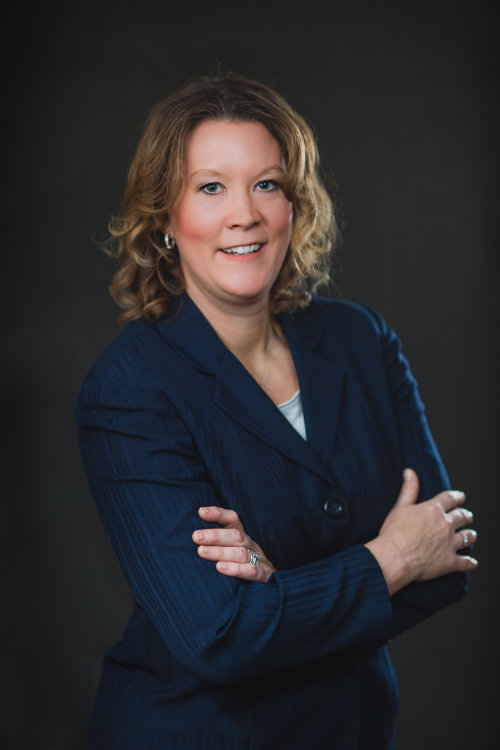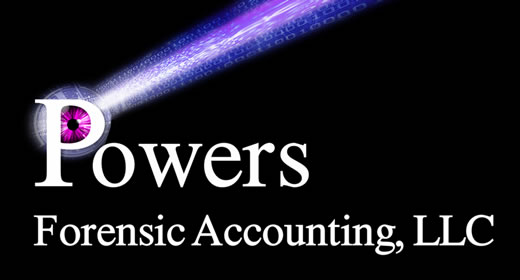Check Fraud: Who is Liable?
By Chrissie A. Powers, CPA/CFF, CFE, CVA
You know how important internal controls are. Your company is serious about fraud deterrence and you have measures in place to help stop fraud from happening. You even require two signatures on all company checks, so even if check fraud does happen, you won't be liable, right?
Wrong. Even though each check requires two signatures, what's stopping a malicious employee from signing both signature lines? Nothing. The volume of checks presented to the banking industry for payment is not conducive to allow every check to be scrutinized. Banks are not required to verify every check presented for payment and you could still be held liable for the fraudulent check.
To help avoid this, be sure to verify all signatures before placing checks in the mail, and verify them again when reconciling your books.
Many business owners also believe that all fraudulent checks drawn on their account will be reimbursed and that the bank bears all liability. But the truth is, if you don't exercise ordinary care, the burden falls on you. So, if there is a check sitting out and a malicious employee alters it, you are liable for the loss because you didn't exercise ordinary care by securing your checks.
Altered checks turn up a lot during corporate investigations and the lack of timely reconciled bank statements have needlessly cost entities thousands of dollars. Under the Uniform Commercial Code (UCC), you are required to reconcile your bank statements in a timely way in order to quickly detect unauthorized checks. And if you detect any suspicious activity, contact your banker immediately.
To reduce your company's losses to fraudulent activity, familiarize yourself with some of the common examples of potential commercial customer liability. DON'T:
- leave your check stock unlocked
- store signature stamps in an unsecured location
- wait too long before reconciling bank statements
- overlook internal controls
There is no sure method to stop check fraud 100 percent, but here are some tips to deter or mitigate your losses:
- Only use check stock with safety features. Be sure to purchase directly from your bank or a reputable vendor.
- Properly secure unused check stock, cancelled checks, bank account information and the signature stamp.
- Reconcile your bank statements as soon as you receive them.
- Consider using Positive or Reverse Positive Pay. The costs associated with these programs generally are minimal.
- Read and familiarize yourself with the UCC regulations and your bank's expectations related to fraud liability.
If your client's organization suspects fraud, Powers Forensic Accounting, LLC can investigate the allegations. If you have additional questions or concerns regarding fraud, don't hesitate to contact us at 614-745-5192.

Chrissie A. Powers, CPA/CFF, CFE, CVA
© 2026 Powers Forensic Accounting, LLC All Rights Reserved.
Website by Lemon Dog Project
